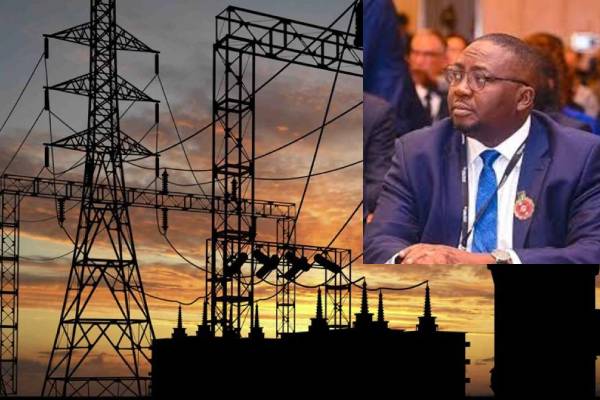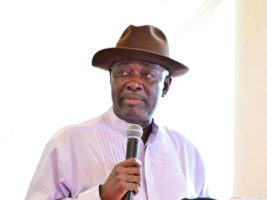Nigeria has secured a $238 million loan from the Japan International Cooperation Agency (JICA) to boost the national power grid.
Here are the major highlights of the deal:
1. Loan Agreement Sealed at TICAD9
The facility was finalised at the Ninth Tokyo International Conference on African Development (TICAD9) in Yokohama, Japan, after high-level talks led by President Bola Tinubu and Minister of Power, Adebayo Adelabu.
2. Backed by Local Counterpart Funding
The $238m loan is supported by N19.08 billion counterpart funding from the Federal Executive Council to ensure smooth implementation.
3. Massive Transmission Infrastructure Upgrade
The project will deliver:
-
102.95km of new 330kV double circuit lines
-
104.59km of 132kV double circuit lines
-
Four 330/132/33kV substations
-
Two 132/33kV substations
-
Several line bay extensions
4. Tinubu Pledges Action, Not Talk
President Tinubu said Nigeria’s participation at TICAD9 was “about results, not exhibitions”, stressing a shift from planning to measurable delivery.
5. Strong Technical Partnerships with Japan
Minister Adelabu engaged with Japanese power giants Toshiba, Hitachi, and the Transmission & Distribution Corporation of Japan, describing the loan as the “backbone for transformation.”
6. Expanding Grid and Off-Grid Access
While only 55–60% of Nigerians currently have electricity access, the government is focusing on grid expansion in cities and off-grid solutions for rural areas.
7. Complementary Power Projects Already Underway
-
A $750m World Bank–backed DARES programme aims to deliver clean electricity to 17 million Nigerians.
-
Three JICA-funded substations in Apo, Keffi, and Apapa worth $32m are nearing commissioning.
-
JICA has also equipped the National Power Training Institute of Nigeria (NAPTIN) with cutting-edge training tools to build local expertise.
With this deal, the Tinubu administration says it is pushing Nigeria closer to reliable, affordable, and sustainable electricity.





